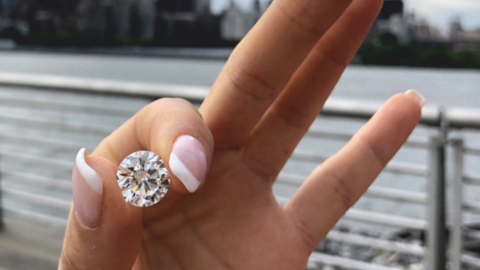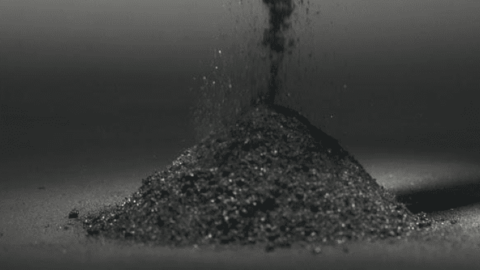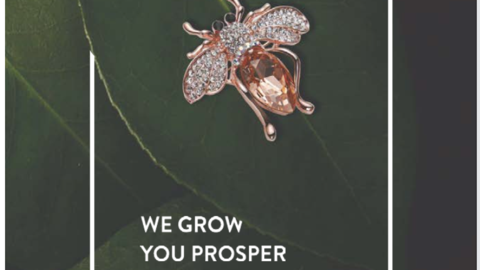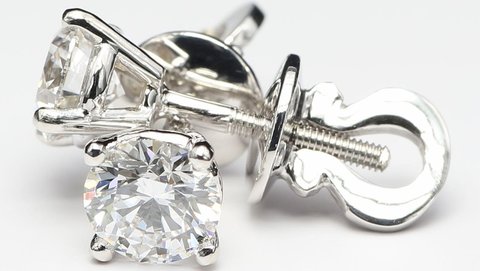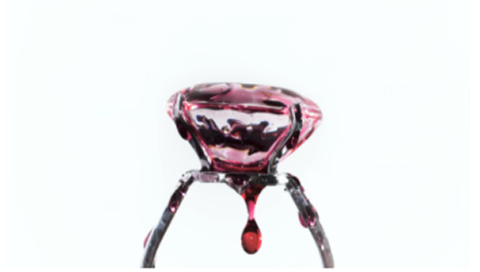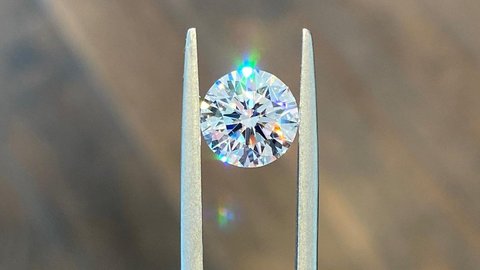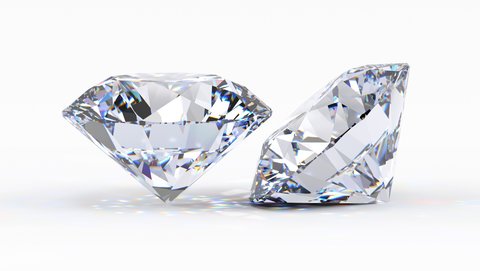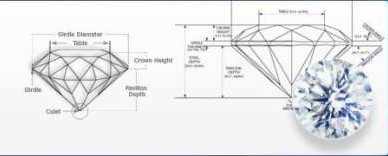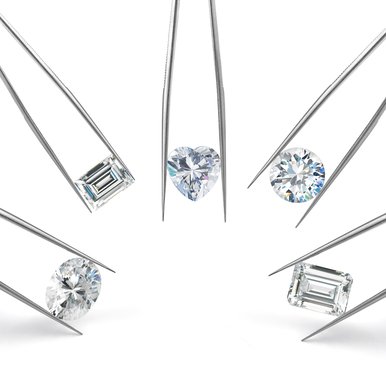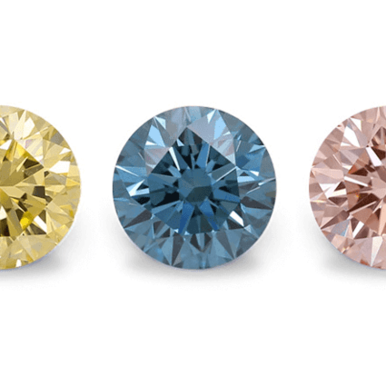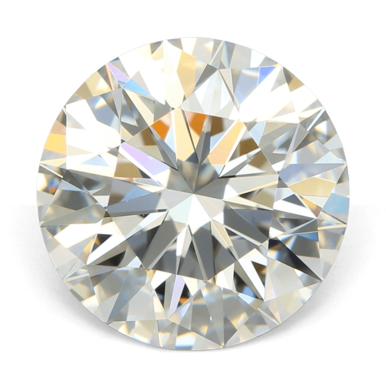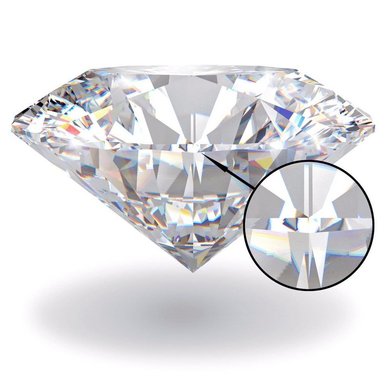Terms Synthetic and Natural according to the FTC
While people from the mining part of the industry indulge in using the term “synthetic”, it’s not scientifically accurate to apply this term to lab-grown diamonds. In fact, it’s just one form of carbon (graphite or carbon-containing gas) turning into another form of carbon (diamond) - allotropic transformation.
The Federal Trade Commission of the US (a government agency that oversees trade and consumer protection) decided to side with science rather than with DPA lobbyists and updated it’s guidelines in July 2018. While DPA argued that both growing methods involve synthesis, there is no synthesis occurring as diamond is not a complex synthesized form of multiple elements (such as CZ) - it’s a monocrystal of carbon regardless of its origin.
According to the section "Definition and misuse of the word diamond" of the Guides for the Jewelry, Precious Metals and Pewter Industries, the FTC now states:
a. "A diamond is a mineral consisting essentially of pure carbon crystallized in the isometric system", whereas it previously read "natural mineral. [...] The final Guides therefore eliminate the word “natural” from the diamond definition. When the Commission first used this definition in 1956, there was only one type of diamond product on the market — natural stones mined from the earth. The FTC no longer defines a "diamond" by using the term "natural" since it's NOW possible to grow products that have essentially the same optical, physical and chemical properties as a mined diamond.”
b. “The record indicates many consumers mistakenly believe “synthetic” means an artificial product such as cubic zirconia, which lacks a diamond’s optical, physical, and chemical properties. Given the likelihood of consumer confusion, the final Guides do not include “synthetic” among the examples of terms that marketers may non-deceptively use to qualify claims about man-made diamonds, thus eliminating the contradiction […] If a marketer uses “synthetic” to imply that a competitor’s lab-grown diamond is not an actual diamond, however, this would be deceptive“
We fully support this decision of the FTC because it serves the US consumer by eliminating “natural” and “synthetic” confusion.
Optional (for website):
Furthermore, synthetic is a scientifically inaccurate term for a man-made diamond. Why? You cannot synthesize an element.
I’m steadfast in my belief that you cannot synthesize a diamond. Why? Synthesis is the execution of chemical reactions to form a more complex molecule from multiple chemical precursors. According to Merriam-Webster, the growth of diamonds in a laboratory is not synthetic, as a grown diamond is not a complex molecule, nor does it require multiple chemical precursors to create a diamond. From a scientific standpoint, growing a diamond is merely changing one form of carbon into another form of carbon (diamond).
You’re correct that it’s theoretically possible to fuse or split atoms to make gold/platinum/carbon, but being pragmatic I think we’ll be mining diamond from asteroids far before we’re changing elements at the atomic scale.
Synthetic versus natural
First of all there is no “synthetic” dedicated to Lab-grown diamonds. There is no synthesis, they are not a diamond simulant.
So what’s the difference between mined diamonds and diamonds grown in a laboratory?
Pricing
Same stone with the same color and clarity of lab origin will save you from 30% to 50%.
So you can spend more on your HoneyMoon, your wedding or simply spend less.
Or you can buy a bigger and better stone for the same price. For example mined 1ct G VS2 will cost THREE times more than lab-grown.
Structure
While being all the same with mined diamonds, however, lab-grown diamonds are “cleaner” cause most of them do not include nitrogen, so they are TYPEIIa so bondings of crystal structure are higher than in mined one.
This means that under the same conditions, the same pressure, lab-grown diamond will last longer.


